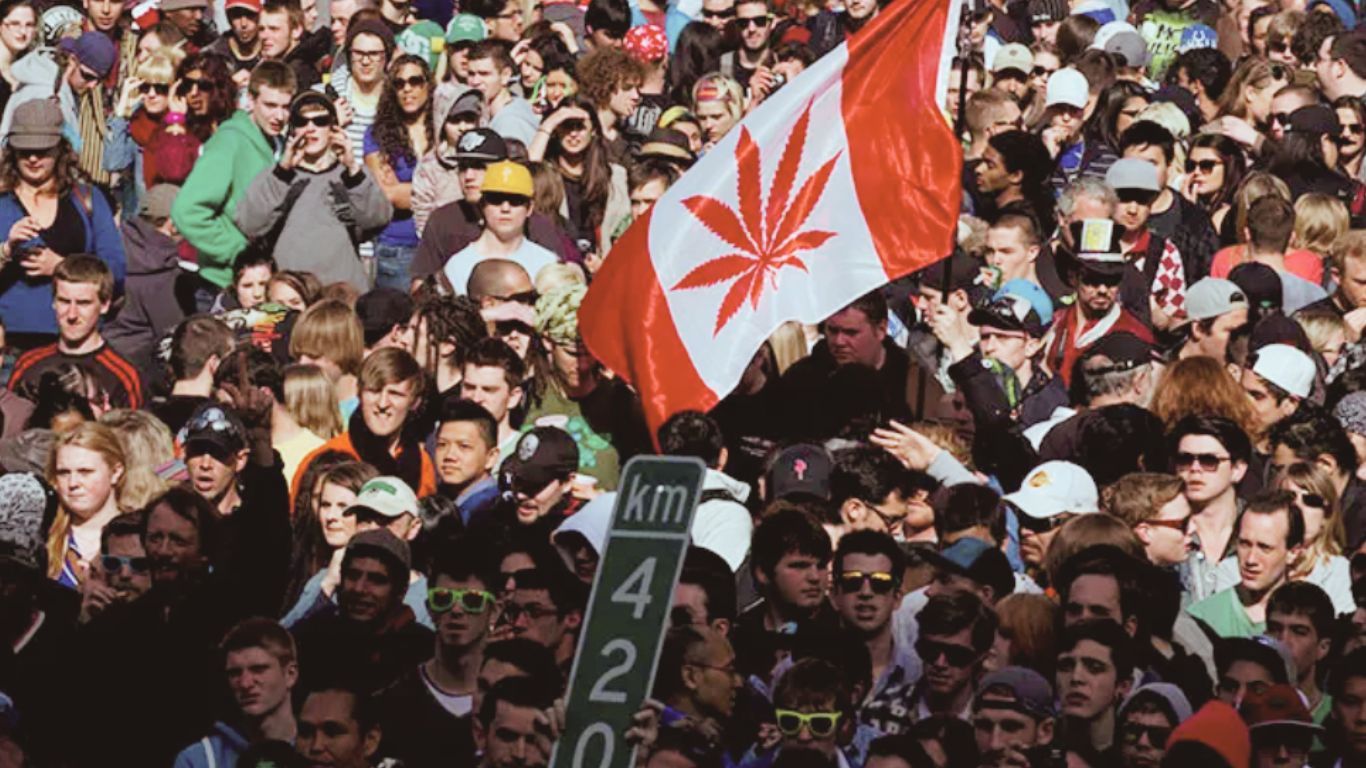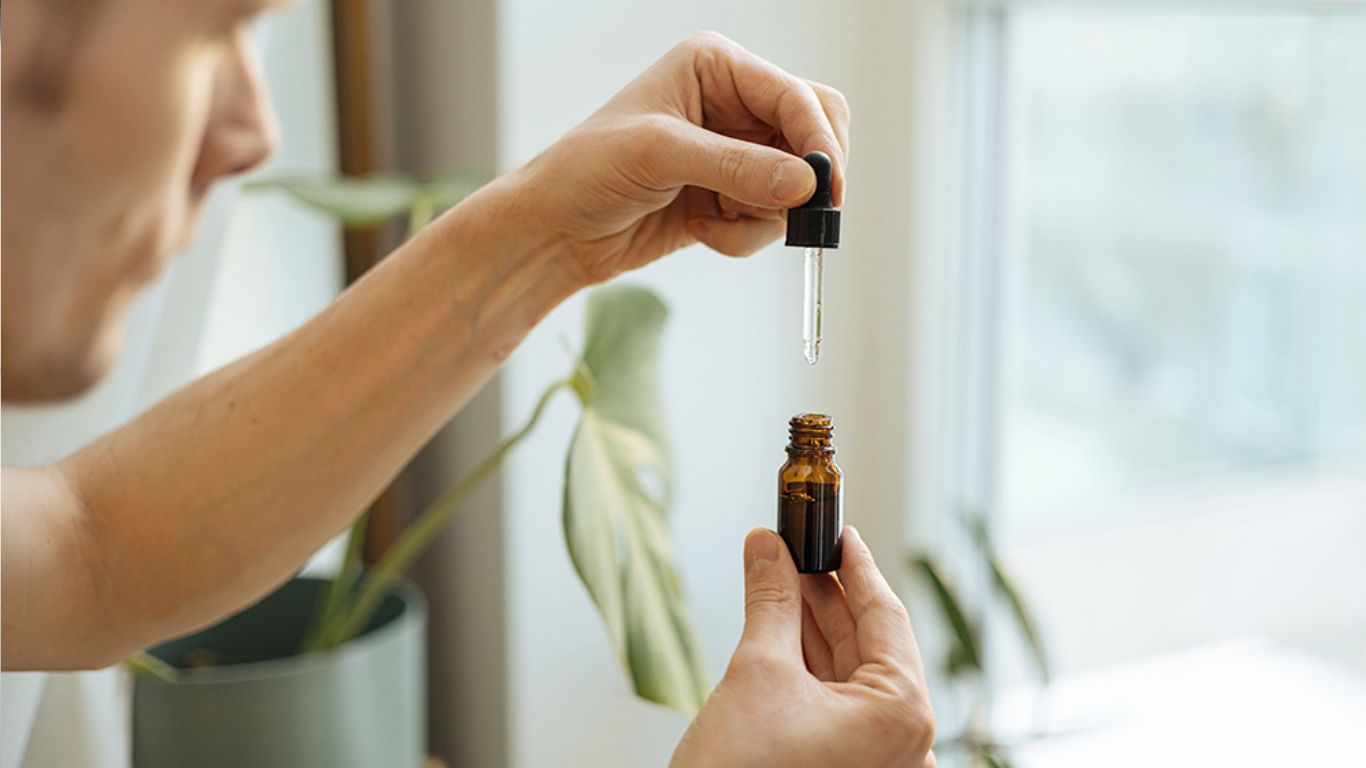
The Alberta Government is looking into the impact of cannabis legalization on young people in the province.
The provincial government made their announcement on May 27, saying that now that more than five years have passed since cannabis was legalized in Canada, Alberta’s government is working with drug policy experts, doctors, and professors to examine the impacts of cannabis on people 25 and under.
The provincial government says it is providing a one-time grant of about $280,000 to conduct a review of the available evidence and data regarding the impacts of cannabis use on youth, in coordination with experts from the University of Alberta, University of Calgary, Dalhousie University, Harvard Medical School, and the University of Birmingham.
“We owe it to young Albertans and their families to make sure we fully understand the effects of legal cannabis,” says Dan Williams, Minister of Alberta Mental Health and Addiction. “We’re proud to bring together this group of respected health experts to provide insight and advice as we continue to navigate this evolving area of health care.”
The research team will report to the Minister of Mental Health and Addiction, and the work is expected to be completed in summer 2024. Alberta has the lowest age of access in Canada at 18. All other provinces and territories have an age of access of 19, except for Quebec, which has set the age of access at 21.
The government says the review could potentially inform future policy changes in Alberta and could recommend policy changes to ensure children and youth are protected from the harms of cannabis.
“As cannabis products have become more widely available, we must continue to evaluate their health impacts—particularly on young people whose brains are still developing,” says Blair Gibbs, a former advisor to the Prime Minister of the United Kingdom and policy consultant who is advising on the project. “I look forward to working with leading experts from around the world to closely examine the evidence and help inform decisions in the best interest of Albertans.”
In addition to Gibbs, the province lists: Dr. Sebastian Straube, professor and division director, Division of Preventive Medicine, Department of Medicine, University of Alberta; Dr. Philip Tibbo, professor in the Department of Psychiatry with a cross-appointment in Psychology and Neuroscience at Dalhousie University; Dr. Charl Els, fellowship-trained addiction psychiatrist and occupational physician, clinical professor, Department of Psychiatry and Medicine, University of Alberta; Dr. Emily Hennessy, associate director of Biostatistics, Recovery Research Institute and assistant professor, Harvard Medical School; Dr. Victoria Burns, associate professor, University of Calgary, and director, University of Calgary Recovery Community and Recovery on Campus Alberta; and Dr. Ed Day, United Kingdom government’s drug recovery champion and clinical reader in Addiction Psychiatry at the Institute for Mental Health at the University of Birmingham.
The government of Alberta says it spends more than $1.55 billion annually on addiction and mental health care and supports, including prevention, intervention, treatment and recovery.
A recent study in Alberta found an increase in hospitalization rates among younger adults (18-24) before legalization, yet no increased risk was associated with cannabis legalization, for either younger (18-24) or older adults (25+).
A recently published study looking at cannabis use rates in Ontario estimates that teens using cannabis are at an 11 times higher risk of developing a psychotic disorder compared to teens not using cannabis.
The study found a “strong but age-dependent association between cannabis use and psychotic disorders, consistent with the theory that adolescence is a particularly vulnerable time to use cannabis as the brain is still developing,” arguing that more evidence-based cannabis prevention strategies for adolescents are needed as more jurisdictions move to “liberalize cannabis use and perception of harm declines among youth.”
Other provinces have also taken measures to mitigate concerns with youth cannabis use. Ontario has released a document entitled How to Talk to Youth About Your Cannabis Consumption through its Cannabis Made Clear program.
Younger Canadians are twice as likely to use cannabis than older Canadians according to data from Statistics Canada, although this rate depends on the age demographic. In 2023, 38% of adults aged 18 to 24 years and 35% aged 25 to 44 years reported having used cannabis in the previous 12 months, compared with just 15.5% of adults aged 45 years and older.
In 2023, about 1 in 10 adults aged 18 to 24 years (8.7%) and 25 to 44 years (10.3%) reported having used cannabis daily or almost daily in the previous 12 months, compared with 4.8% of adults aged 45 years and older.
Cannabis use among those 15 years and older actually declined slightly in Alberta from 2020-2021, according to data released by Statistics Canada in late 2023.











